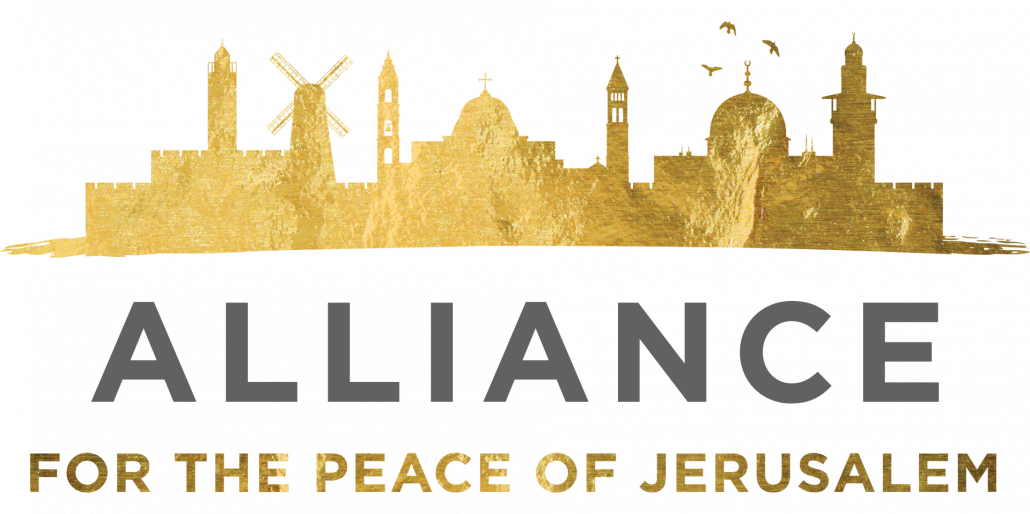by Rachel Larsen
No one who lived through the tragedy of 9/11 or watched it unfold on the news will forget it. Many people know exactly where they were when the attacks occurred, how they first heard about it, and what they felt. But twenty years later, there is a generation that did not experience 9/11. Generation Z, roughly defined as those born after 1996, were either too young to remember these terrorist attacks or were not born yet, which is one of the generation’s defining features. For them, 9/11 has always been the past—something they learn about in books, videos, and history class, not on the news.
With the challenges and dark events they have seen in their own lifetime, like the Great Recession, school shootings, and the coronavirus pandemic, it is easy for young people today to underestimate how drastically the 9/11 attacks shook the nation and changed the world. Nevertheless, it is important that this generation—the first to be born after or shortly before 9/11—learn about the events of that dismal day and commemorate them. Here are four reasons.
1. To Ensure Continual Remembrance of 9/11
Remembering significant events, particularly painful ones, happens naturally for those who lived through them. In the coming decades, people born after 9/11 will become an increasingly large segment of the population. Eventually, no one will personally remember September 11, 2001. While that point is still far off, Generation Z can ensure that memories of 9/11 remain potent in the coming years. For those who did not live through the events, keeping their memory alive requires two important steps: listening and retelling.
It is important for Generation Z to hear stories about 9/11, especially from individuals who experienced it firsthand. By talking with people who lived through the event or reading their stories online, young people today can maintain a living connection to the past, though they themselves were not there. Just as it is important for people today to listen to those who lived through World War II and the Holocaust before that generation passes away, Generation Z can retain a personal link through the stories of those who witnessed 9/11.
2. To Understand How 9/11 Has Changed the United States and the World
Generation Z is emerging in a nation where security is of prime importance, terrorism is a palpable threat, and debates about the Middle East are unrelenting. We may think those who lived through the events of 9/11 are the only ones living under its shadow, but in reality, today’s youth are also experiencing its ripples in their own lives.
Understanding the present and future requires an awareness of the past. As Generation Z grows up and enters leadership positions, it is essential that they learn about the turning points that have made the world what it is today, and few turning points in this century have been as dramatic as 9/11. Indeed, the devastation of that attack was and remains unprecedented in American history; never before or since has a foreign terrorist group successfully orchestrated a major attack on United States soil. Many Americans were shocked that someone could hate our nation so ferociously and that such a lethal strike could occur within our borders. The events of 9/11 exposed our national vulnerability—our cities and shores were not as safe as many had thought. These sentiments were an essential aspect of the collective trauma that Americans endured in the aftermath of 9/11.
In contrast, Generation Z’s experience with injustice committed by Americans against other Americans—racism, hate crimes, and gun violence, for instance—have made them particularly sensitive to internal matters. This reality, combined with the fact that they have not witnessed a direct attack from abroad, has led many of them to view domestic threats as more dangerous than threats from foreign countries or groups. Studying 9/11 can remind Generation Z that an external threat—while not the most visible issue in the United States today—still poses a real danger.
3. To Respect the Victims and Honor the First Responders
A significant part of 9/11 remembrance stems from gratitude for those who sacrificed their own health and safety to rescue others. Many emergency staff died in fulfilling their duties. Twenty years later, others are still dealing with health problems related to smoke inhalation or exposure to other hazards at ground zero. Commemorating 9/11, especially among young people, assures first responders and their families that their service has not been forgotten.
Likewise, the pain of those who survived the disaster and the grief of people who lost loved ones continue to this day. For them, 9/11 was a deeply personal tragedy as well as a national one. To remember 9/11 is to stand in solidarity with the ones who were directly affected and still bear scars—physical or mental—from that day. Whatever our opinions on America’s reaction to the terrorist attacks, we should agree that there is no justification for the suffering—and in some cases death—experienced by those who were directly impacted by the terrorist attacks and their families.
4. To Unite Around Common Values
While many people recall with pride the surge of patriotic sentiments following 9/11, young people today often fear that this shift was a front for prejudice. Generation Z is deeply aware of how 9/11 has led many to be suspicious of or downright abusive toward those of Middle Eastern descent. Growing up, many of them encountered this suspicion personally or have friends who did. Some youth are even more concerned about what they see as the unjust response of the United States to the events of 9/11 itself.
Efforts to educate Generation Z on 9/11 must take these concerns into consideration and emphasize that remembering 9/11 does not mean denying or minimizing the conflicts raging in our nation today. Nor does it mean supporting everything the government has done in response to the tragedy. Rather, remembering 9/11 means commemorating those who died, honoring the first responders, and opposing wanton violence.
Twenty years later, our thoughts and memories of those tragic events should once again lead us to agree as a nation that terrorism, wherever it takes place around the globe, is utterly unacceptable. While the United States is divided over many issues, we should stand together for the value of human life. That is why we invite people of all generations to join Chosen People Ministries at our upcoming conference, 9/11 and the New Middle East. Through worship, corporate prayer and remembrance, and the testimonies of speakers who were there, we will grow in our knowledge of 9/11 and how it has changed the world. We will also gain insights into the Middle East today by learning to view the region through a biblical lens. Join us September 10–11, 2021, in person at Trinity Baptist Church in New York City or online.



